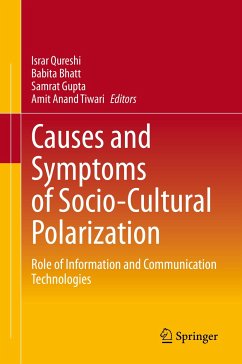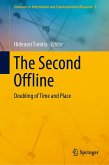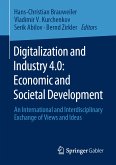This book discusses how wide-ranging information exchange on digital media can lead to two scenarios, namely, the formation of the public sphere or the formation of echo chambers. While the public sphere, which promotes greater diversity, is a well-researched domain, substantially less research has been conducted on echo chambers in relation to sociocultural activities, products or services. This book states that polarization induced by the formation and evolution of echo chambers in sociocultural realm such as around epidemic outbreaks, vaccination, healthcare, education, and climate change is an emerging avenue of research due to its enormous impact in the shaping of our society. Therefore, this book argues that understanding the characteristics of sociocultural products related controversies is critical and valuable in developing interventions to reduce unhealthy societal and organizational polarisations.
The development of systematic knowledge is required to understand and address such a large scale and complex societal challenge so as to facilitate a deeper understanding and offer solutions to the growing issue of polarization in sociocultural context driven primarily through echo chambers. This book examines how technology enabled social media usage increases, and the complex structural outcomes such as echo chambers are likely to have an increasingly important role in shaping public opinion.
This book appeals to readers with interest in developing a deeper and broader understanding of issues and initiatives related to the polarization of opinions on cultural products. These include readers and scholars from various disciplines, along with engaged organizational leaders, activists, policy makers, and common citizens.
Dieser Download kann aus rechtlichen Gründen nur mit Rechnungsadresse in A, B, BG, CY, CZ, D, DK, EW, E, FIN, F, GR, HR, H, IRL, I, LT, L, LR, M, NL, PL, P, R, S, SLO, SK ausgeliefert werden.









